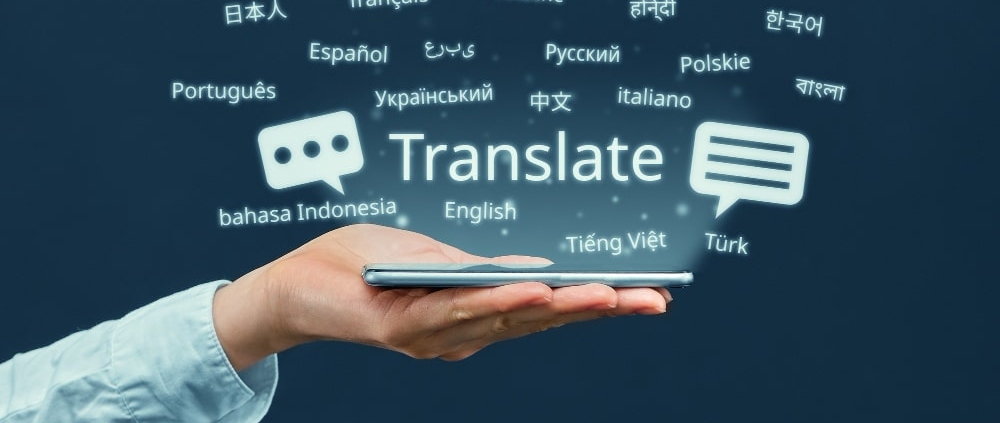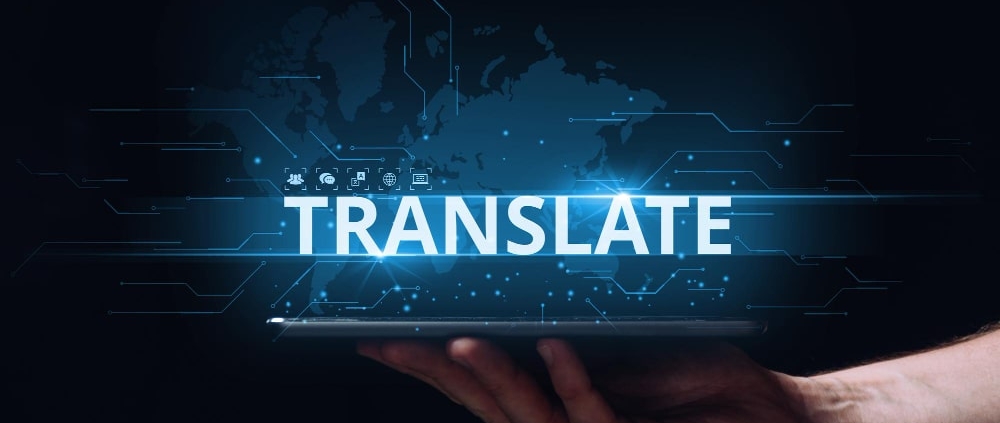When Do You Need Certified Legal Document Translation?
In a globalised world where businesses and individuals interact across linguistic and cultural boundaries, the need for accurate and legally recognized document translation services is paramount. Certified legal document translation plays a crucial role in ensuring that legal, business, and personal documents are accurately translated and hold legal validity in the target language. Understanding when to seek certified document translation services is essential for compliance, legal protection, and effective communication.
Legal and Business Transactions
When engaging in international business transactions, mergers, acquisitions, or partnerships, the need for certified legal document translation arises. Contracts, agreements, and legal documentation must be accurately translated to ensure mutual understanding and legal compliance across language barriers.
Immigration and Visa Applications
For individuals navigating immigration processes, visa applications, or residency permits in foreign countries, certified legal document translation is often a requirement. Immigration authorities, such as the United States Citizenship and Immigration Services (USCIS), often mandate certified translations of personal documents, including birth certificates, marriage certificates, and academic transcripts, to verify their authenticity and legal standing.
Legal Proceedings and Court Documents
In legal proceedings, including litigation, arbitration, or regulatory compliance, the translation of court documents, affidavits, and legal briefs may be necessary. Certified legal document translation ensures that all parties involved have access to accurate and legally recognized translations, safeguarding the integrity of the legal process.
Regulatory Compliance and Licensing
Businesses operating in international markets may require certified legal document translation to comply with local regulations, obtain business licence, or adhere to industry-specific legal requirements. Accurate translation of regulatory documents, certifications, and compliance-related materials is essential for legal conformity.
Academic and Educational Purposes
For academic pursuits, such as applying to educational institutions abroad or seeking recognition of academic credentials in foreign countries, certified legal document translation is often a prerequisite. Translating academic transcripts, diplomas, and educational certificates ensures their recognition and validity in the target academic or professional context.
In conclusion, the need for certified legal document translation arises in a myriad of scenarios, ranging from international business transactions and immigration processes to legal proceedings and academic pursuits. Seeking the assistance of certified legal document translation services is essential to ensure the accuracy, legality, and validity of translated documents, thereby facilitating effective communication and legal compliance across linguistic and cultural boundaries.
Lost in Translation? Discovering Certified Legal Document Translation Services
Here are some ways to find certified document translation services:
Professional Associations: Organisations such as the American Translators Association (ATA) provide online directories where you can find certified translators. You can specify the language of the original document and indicate the need for a certified translator.
Legal Translation Agencies: Trusted legal translation agencies offer certified translation services with guaranteed certification, USCIS approval, and extensive expertise in legal terminology. These agencies ensure that all legal translations are 100% accurate and meet related legal requirements.
Online Platforms: Utilise online platforms that connect you with certified translators who specialise in legal document translation. These platforms often have a wide network of translators with varying specialties, ensuring that you can find a certified, legal expert to handle your specific translation needs.
Referrals and Recommendations: Seek referrals or recommendations from individuals or businesses who have previously utilised certified legal document translation services. Personal recommendations can often lead to reliable and trustworthy translation providers.
Legal Document Translation Agencies: Contact reputable legal document translation agencies that offer a range of services, including certified legal translation, legal interpretation, on-site staffing, e-discovery support, document production, transcription, and legal localization. These agencies pair clients with legal translation specialists who can handle complex legal documentation.
By leveraging these methods, individuals and businesses can find certified legal document translation services that meet their specific needs, ensuring accurate and legally recognized translations for compliance, legal protection, and effective communication.
TW Languages: Your Trusted Legal Document Translation Service
If legal documents are getting harder to decipher, turn to the legal translation services of TW Languages to understand the details better. The legal translation solutions offered by us are extremely accurate and fluent, regardless of the languages involved. What makes us different is the ability to work across diverse industry verticals with exceptional skills, technological inputs, and an extensive team of translators to rely on.
Translation solutions are offered by TWL as a legal document translation company which involves our experienced translators handling legalised official documents. We also specialise in:
- Contract Translation where different legal contracts are translated, according to the organisational requirements.
- Court Document Translation.
- Financial Translation with each segment being handled by subject experts and experienced translators with legal backgrounds.
- Legal document translation where we accurately interpret the associated documents while ensuring complete confidentiality.
- Sports Law translation and GDPR translation solutions, with the latter involving experienced and qualified translators from our side with excellent knowledge regarding the General Data Protection Regulation synonymous to the European Union.
Contact Us Now and Transform Your Legal Documents for Global Success!












